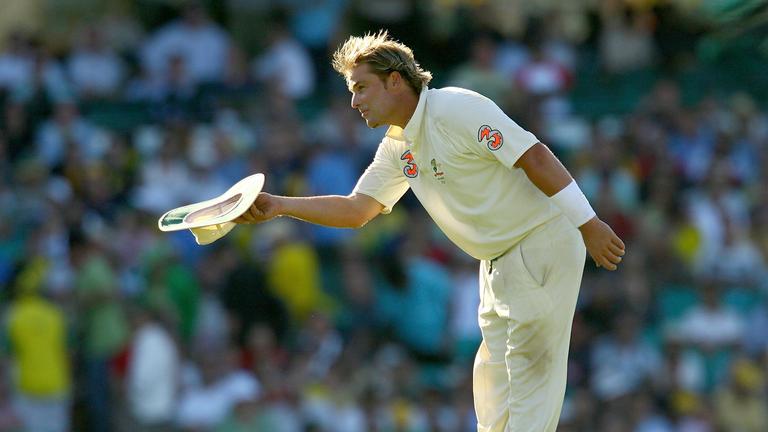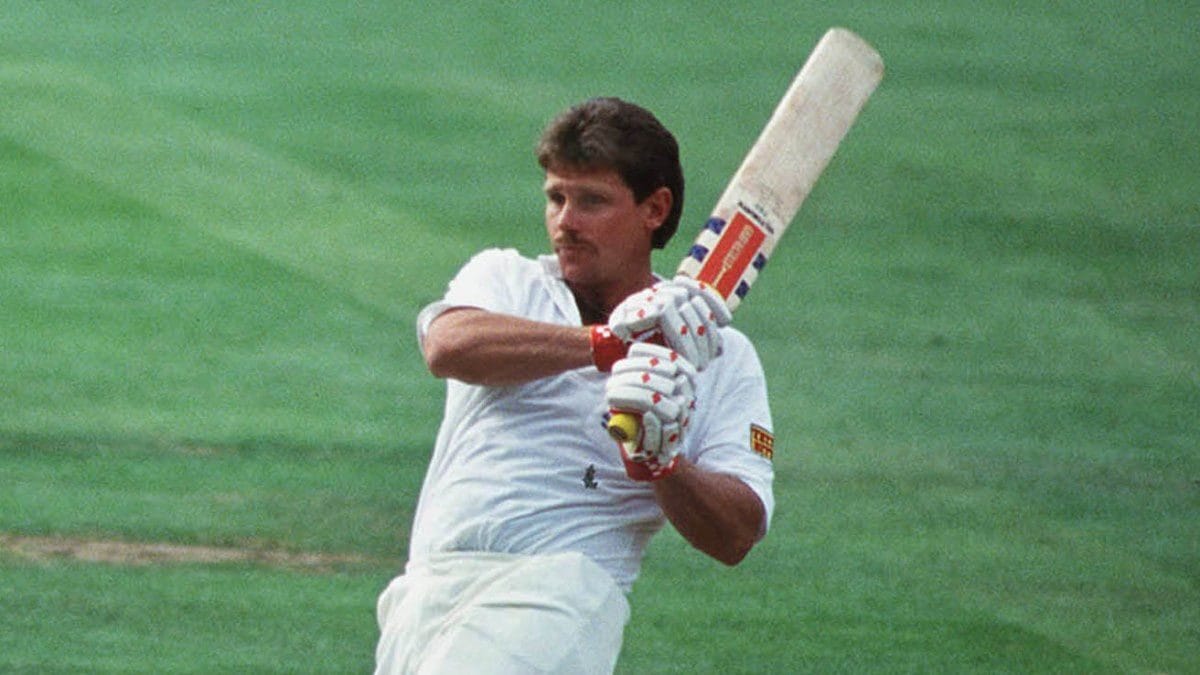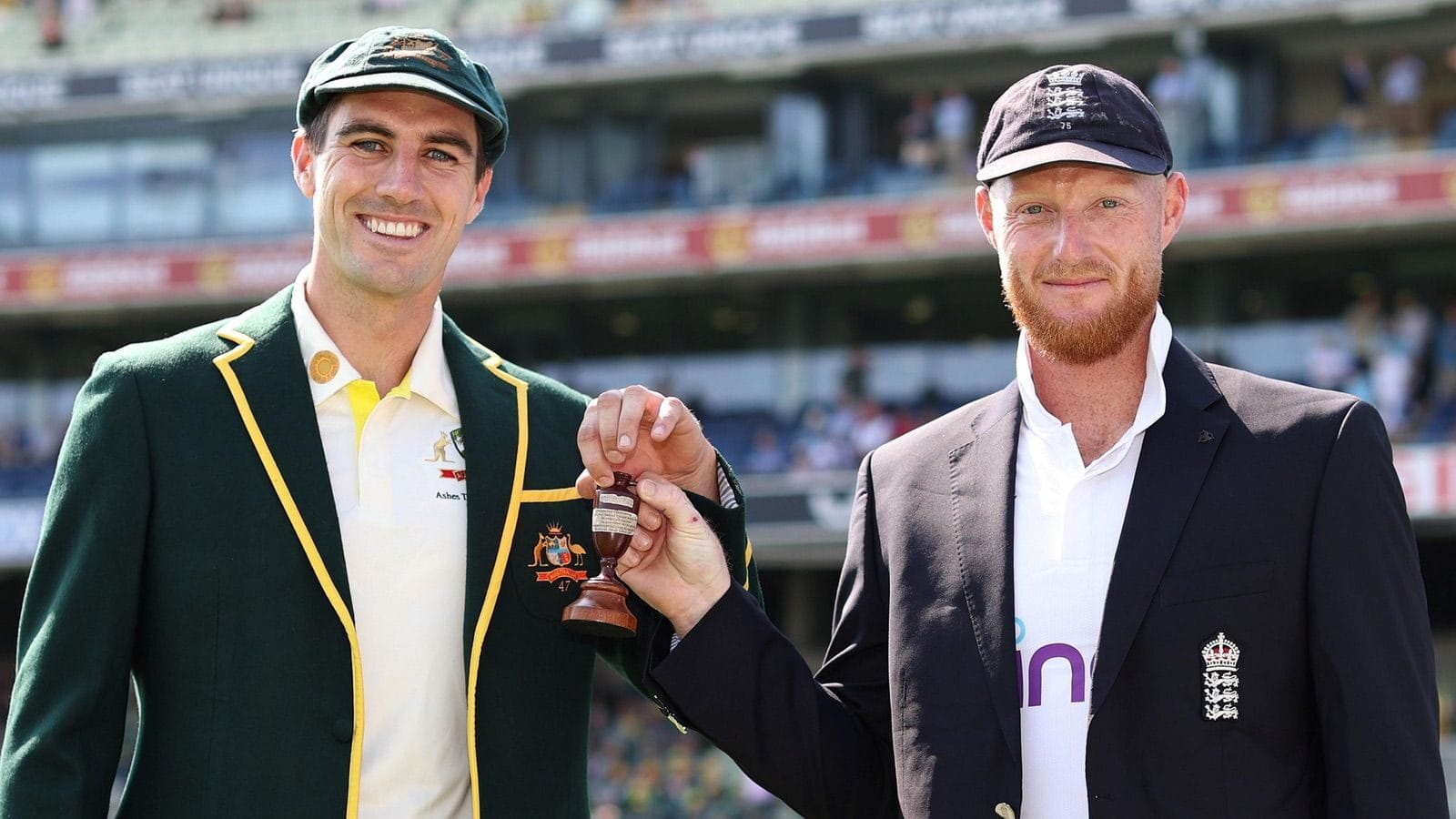In a world where all news is bad it still came as a terrible almost bruising shock.
For cricket, it had been a very difficult few days, but not without the promise of better things to come. The game had lost two legends – the West Indian spinner Sunny Ramadhin, who, with his little pal Alf Valentine, had mystified Len Hutton’s England batsmen in 1950; and Rod Marsh the Australian wicketkeeper who with the Chappell brothers and Dennis Lillee personified that great side of the 1970s; he took his coaching and selecting skills to England and was as much loved there as he had been back home.
Ramadhin was 92 when he passed away; Marsh was “only” 74, but he had been seriously unwell.
Hope for the future had come in the form of Australia’s first tour of Pakistan for 24 years. The first Test in Rawalpindi started on Friday 4 March. This is a crucial development for Pakistan cricket in particular but for cricket in general, especially following a feeble-minded cancellation of a visit – you could hardly call it a tour – by England. As the Pakistan Cricket Board chairman said at the start of the match, this was about more than just cricket.
And then came the shocking news of the death of Shane Warne at the age of 52. I cannot have been alone in refusing to believe the first report seen. That someone who was so young – his parents are still alive – so vital, and so much a part of life for anyone who has followed cricket in the last thirty years, was no longer with us seemed literally incredible.
To say that Shane Warne was a very great cricketer is an understatement. Warne was among that small handful of cricketers who were among the greatest of all time.
For the 2000 edition of Wisden’s Cricketers’ Almanack, the editor, Matthew Engel, brought together 100 experts, chosen proportionately from the Test-playing countries, to select the Five Cricketers of The [Twentieth] Century, each selector obviously picking five. Selections were many and varied but the top Five emerged clearly ahead of the field: Don Bradman, Garry Sobers, Jack Hobbs, Shane Warne and Vivian Richards. I don’t think any serious student of the game could question that choice.
Bradman of course is in a league of his own. Statistically he is beyond compare, and the numbers are so extraordinary that his supremacy as a batsman, in every respect other than pure aesthetics, is taken as read; he received 100 votes.
Sobers was an equally obvious shoo-in. He got 90 votes; in some ways the most surprising aspect of the process was that it indicated that there existed ten cricket experts who did not think Sobers was one of the five best players of the twentieth century.
Hobbs’ status as the supreme Test match batsman of the pre-Bradman era, with unarguable numbers, a masterful technique and, in his younger days, a style reminiscent of the legendary Australian Victor Trumper, secured his place.
For the more modern supporter the choice of Vivian Richards would have been equally understandable. His combination of presence, power, precision and, yes, patience, made him the most feared batsman of his generation and a mighty talisman for one of the greatest of all Test teams.
Warne came fourth in the list and in some ways the most striking thing about his selection as one of the cricketers of the century is that his career was far from over when the century ended. He really only established himself as a Test cricketer in 1992-93. Those few years were sufficient for him to demonstrate that he was a wrist-spinner and a performer of unparalleled quality.
Again the numbers speak for themselves and don’t need rehearsing here. They matter, in a final analysis of quality but they are far from the only thing and they are not what we are concerned about here.
For me, even as an Englishman, I can honestly say that Warne was my favourite cricketer (rivalled only by the South African, Barry Richards, Viv’s near contemporary). Why?
It’s easy really. Warne did a very difficult thing – nobody disputes that wrist spin is the most difficult skill in cricket – and he did it sublimely well, which meant that he did it for long periods (because “slow” bowlers can bowl long spells if they are not taken off) and so he would become a vital part of the narrative of a Test match. For no bowler in history has the word “spell” been more apposite as a description of a sequence of overs. It’s a cliché but Warne really was a magician. Was he, technically, the greatest leg-spinner of all time? We will never know for sure. In Bradman’s day that accolade went to his teammate, Bill O’Reilly who was similar to and different from Warne. Different in that he had a longer run up and was of greater pace. Similar in that they both had an aggressive instinct that was reminiscent of a fast bowler’s.
The thing about Warne was that he was an attacking bowler and a defensive bowler. That is a little unfair in a way. The defensiveness was usually part of the plan. Of course conditions were not always in his favour; one has to be pragmatic. The thing is that part of the challenge of wrist spin is that even the best exponents find it very difficult to be consistently accurate. That is something Warne did not struggle with. He was relentlessly accurate and difficult to score off even when he wasn’t taking wickets.
It’s the aggression and the massive turn of his leg break that everybody remembers. He was clever to develop a big-spinning leg break as his stock delivery, never seen to better advantage than with his sensational first ball in Ashes cricket, (known ever since as The Ball of The Century) bowled to an indelibly, eternally, bemused Mike Gatting at Old Trafford in 1993. There were so many others. Equally memorable, though, was his fiendish flipper, the straight one pushed through which he had to give up in the end because of damage to his shoulder. A classic example was his dismissal of Alec Stewart at Adelaide in 1994-95.
With Warne, though, it was never just the technicalities of his art – craft, worthy enough, doesn’t do it justice. He wasn’t just a magician; he was the master of ceremonies. When he was bowling the twenty two yards was his stage. The batsman was making an unwelcome guest appearance, often tolerated for the maestro’s amusement but for no longer than necessary. Warne himself said he could be “ nasty”, whatever that means. What is certain is that he could be threatening and intimidating in a way that one does not normally associate with spinners. As he got older, and his physical prowess, while not exactly waning, limited his variations, the mental, one might almost say the psychological side of his game increased in significance. He was capable of outthinking many Test batsmen even when his most potent weapon was the one that didn’t turn.
It is the physicality of Warne that one remembers, though. I can close my eyes and conjure up some wonderful cricket images: Barry Richards driving serenely through the covers; Robin Smith’s rasping square cut; David Turner (Hampshire, another favourite) nerdling a single; Malcolm Marshall’s bustling run up. But nothing is so evocative, so dramatic, as Warne’s approach to the wicket. Handing his hat to the umpire, standing at the start of his approach, directing the field. Then that walk, just a few steps – no walk on a cricket field has been infused with such significance – then the run, again just a few paces, the leap and twist as the arm comes over and ball is released, that immense surge of energy.
He was lucky in his physique, having big hands and immensely strong wrists and shoulders. But luck gets you only so far. Warne had innate ability – let‘s face it, he was a genius – but like all the most successful sportsmen he worked incredibly hard. And he was the first to admit that he was lucky with his coach, Terry Jenner.
What, for me, were his most memorable performances? I always go back to the same match, the second Test of the 2006-07 Ashes, at The Adelaide Oval. Australia had overwhelmed the tourists at The Gabba but England seemed to be fighting back at Adelaide, making 551 for six in their first innings (Warne one for 167 in 53 overs). Australia responded with 533. With a day and a bit to go, Ian Chappell, as usual, called it right: only one side could win – Australia, because Australia had Warne.
It was extraordinary. In their second innings England made 129 in 73 overs, Warne taking four for 49 in 32 of them. It was slow and remorseless torture. Thirteen years after The Ball of The Century, England’s best still had no answer. Australia coasted home by six wickets.
Then there was his performance in the 2005 Ashes, generally recognised as the greatest ever. England won it, but if there was one man who almost single-handedly strove to prevent them from doing so, it was Warne. He almost won the pivotal, nerve-wracking second Test at Edgbaston with the bat. He almost won the equally exciting fourth Test at Trent Bridge with the ball; England won both by very narrow margins. In that losing series Warne took 4O wickets at 19.92; only three men have taken more wickets in a five-match series in the history of Test cricket. He also scored 249 runs at 27.47. (He was always a useful batsman; Warne’s greatest regret about his career was surely that he never scored a Test century – he once made 99 against New Zealand.) Lastly in that 2005 series he took five slip catches. It’s the one he dropped that will always be remembered, off Kevin Pietersen during his match-saving, series-clinching century at The Oval.
Those performances and so many others, not least during the 1999 World Cup, tell you something about Warne that was mentioned by Rod Bransgrove, the Hampshire chairman, during the Test Match Special tribute. Warne captained Hampshire for three years. Bransgrove said one of Warne’s special qualities was that he believed a cricket match could be won from almost any position; not only that, but he could carry his team along with him in that belief. Of course he never had the opportunity to demonstrate this as captain of Australia.
Warne was a genuine superstar, in a sport that doesn’t really “do” superstars. The exceptions have been, well, exceptional. W G Grace was the most famous man in late Victorian England. In Australia crowds would gather in remote outposts just to watch Bradman get off a train. In 1980s Britain Ian Botham was far more celebrated than any footballer. In India, Sachin Tendulkar attained a status that was almost literally divine. Yet somehow superstardom sat more naturally on Warne than on the others. The beach bum good looks helped. This “ordinary” bloke from a Melbourne suburb would dominate any room he walked into. And his stardom was overwhelmingly positive for cricket. As Geoff Lemon said on TMS, while Warne was playing, everyone wanted to be a leg spinner.
Of course, as one would expect with such a larger than life character, there were always “issues”. A genius on the field, went the mantra, but “flawed” off it. (Who thinks these things? One trusts the carapace is sound indeed. But what do I know – I still like Woody Allen). Well, nobody’s perfect. Warne was the first to admit that he made some bad decisions. The Indian bookmaker issue – made to seem worse by the Australian Board’s cover-up – the “substance abuse” that led to a year’s ban, and the extraordinary outburst against Andrew Hudson at Johannesburg in 1993-94, were the worst cricket -related ones. The other stuff? Whose business is it?
Not only was he a great player. I always thought he was one of the best commentators. Of course I might be biased; those who know me will be aware of the fact that, for a few blissful seconds, Warnie commentated on me.
The cricketing world, let alone Warne’s family, especially his three children, is still coming to terms with what it has lost. As a cricketer and a man he was both complex and straightforward. I know for a fact – because my late brother who was the county’s archivist, told me – that at Hampshire everybody loved him – everybody, not just the players. Jonathan Agnew, who was already the BBC cricket correspondent at the time of the Ball of The Century, said that, despite everything that happened to him, Warne the person never changed, from the beginning of his career to the end, and beyond.
“Bowled Warnie!” It was part of the sound track of our lives.
He died so young. But he sure knew how to live.





7 comments
Trevor
That was one of your best Bill. Hugely enjoyable and apt.
Piers+Pottinger
A marvellous tribute from the bloke in the pink hat. Even I knew about him and loved to watch him. How many cricketers get a state funeral ? You said it all superbly
Zafar
Well said Bill. His tactical brain came to the fore in the IPL too for Rajasthan ! I think he would have been a super captain for Australia!
Malcolm Merry
Actually Bill, in Warne’s case the statistics do not all speak for themselves. A rpw average of 27 (40 in India) is good but not great. But, as you say, there was a lot more to him than that.
Binoy
Very well said Bill. S Warne was indeed a genius spinner!! Completely shocking news!!
William Shaw
I have been waiting for this post more than most and enjoyed and appreciated it very much, Bill. What a brutal shock and a wonderful, extraordinary cricketer. A privilege to have watched him, even as he destroyed endless England batting orders.
Anthony Palmer
A wonderful tribute, Bill. I particularly liked the double meaning of ‘spell.’
I met Warnie a couple of times, the first during dinner at Doyles on the Beach outside Sydney during the final Test of the 2006/7 series. He was having dinner with Rod Bransgrove and a group of family and friends, popping our for a cigarette regularly and enjoying a few glasses of wine despite it being halfway through the match. One of my daughter’s school friends was with us and wanted a selfie with him as we left the restaurant. I hesitated to interrupt their dinner but he couldn’t have been nicer about it.
The second time was a book signing at Waterstones in Leadenhall Market when he dedicated his autobiography to my cricket-loving godson. Despite signing hundreds of copies he was again charming, especially when I told him that I’m a Hampshire supporter.